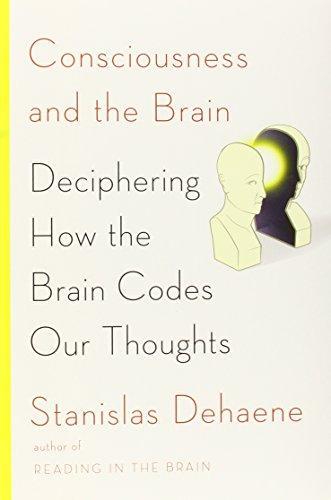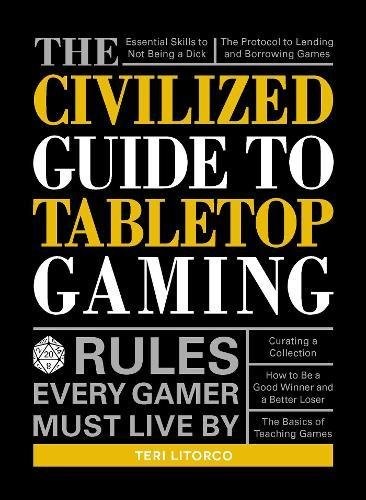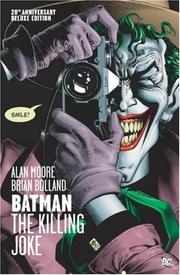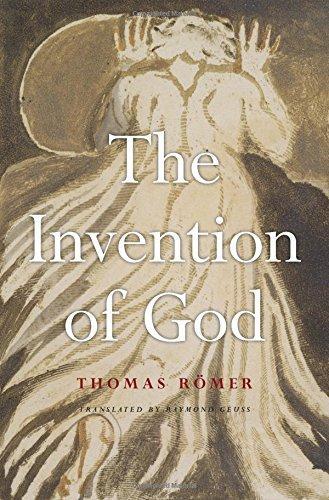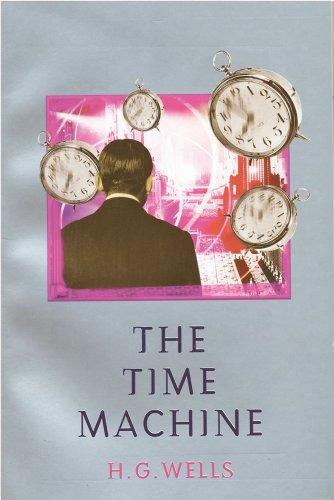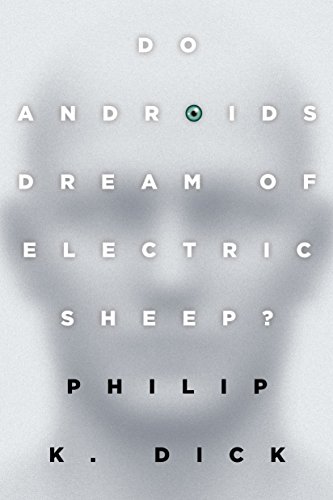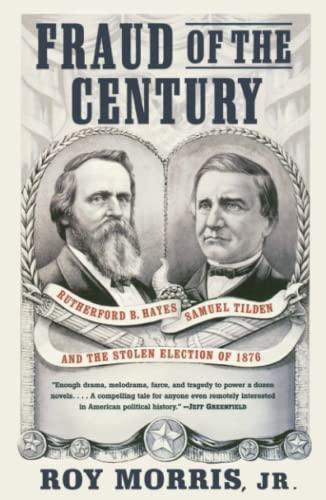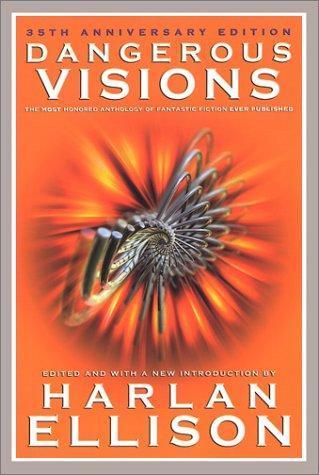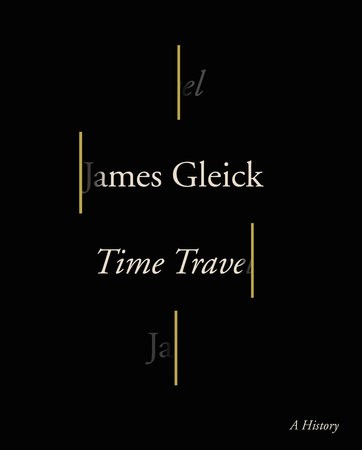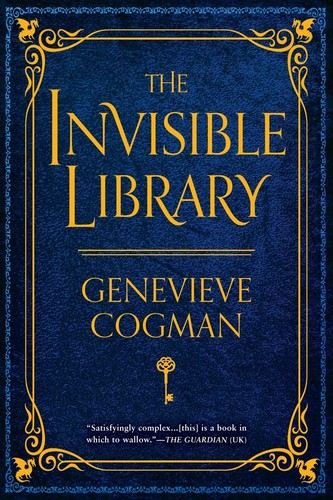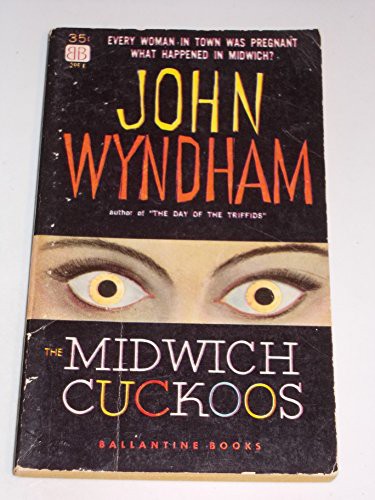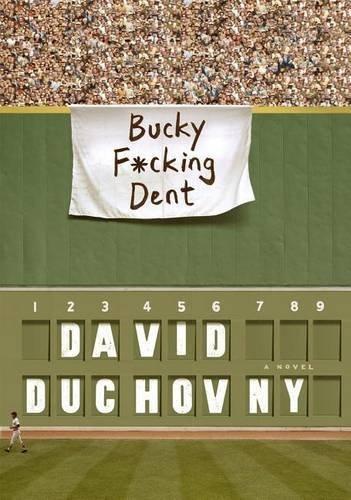Thom reviewed Living with thunder by Ellen Morris Bishop
Review of 'Living with thunder' on 'Goodreads'
2 stars
Great color pictures and in the format of a coffee table book, but too much text for that medium. Said text is fairly dense and requires many trips to the (included) glossary for non-geologists. Maps were small and not terribly useful. Covers the plate tectonics and vulcanism of the early Northwest very well, the most recent glaciation less so. The most recent non-volcanic geologic events (the Lake Missoula floods) are glossed over with a recommendation to read other books. It is not the lack of flood coverage that makes this a pretty dry read, however. 2½ stars.


